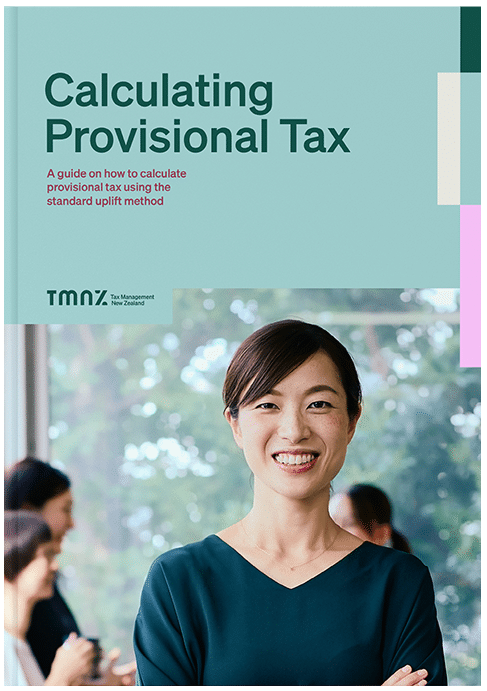Safe harbour–what is it?
The safe harbour rule defines the threshold at which Inland Revenue use of money interest (UOMI) applies if income taxes for the year are underpaid.
Who does the safe harbour rule apply to?
The safe harbour rules in NZ apply to taxpayers with residual income tax (RIT) of less than $60,000, calculated using the standard uplift method. If a taxpayer meets the safe harbour criteria, Inland Revenue will only charge use of money interest on any unpaid taxes from the taxpayer’s terminal tax date onwards.
Current safe harbour rules in NZ
Before April 1 2022, taxpayers within the safe harbour threshold needed to pay their provisional taxes in full and on time. Inland Revenue removed this requirement from the beginning of the 2023 income year.
Taxpayers can also use the safe harbour rules during their first year of business when their residual income tax is less than $60,000.
This description is correct as of 27 February, 2023.
More useful tips and guides for paying tax
We’re here to support you with flexible and innovative tax solutions.
- Find a TMNZ Premium Partner for tax pooling advice
- Improve your cashflow with our Better Cashflow Management Guide

How to calculate provisional tax using the Standard Uplift Method and use tax pooling to avoid IR and late payment penalties
Our current guide was last updated in October 2022